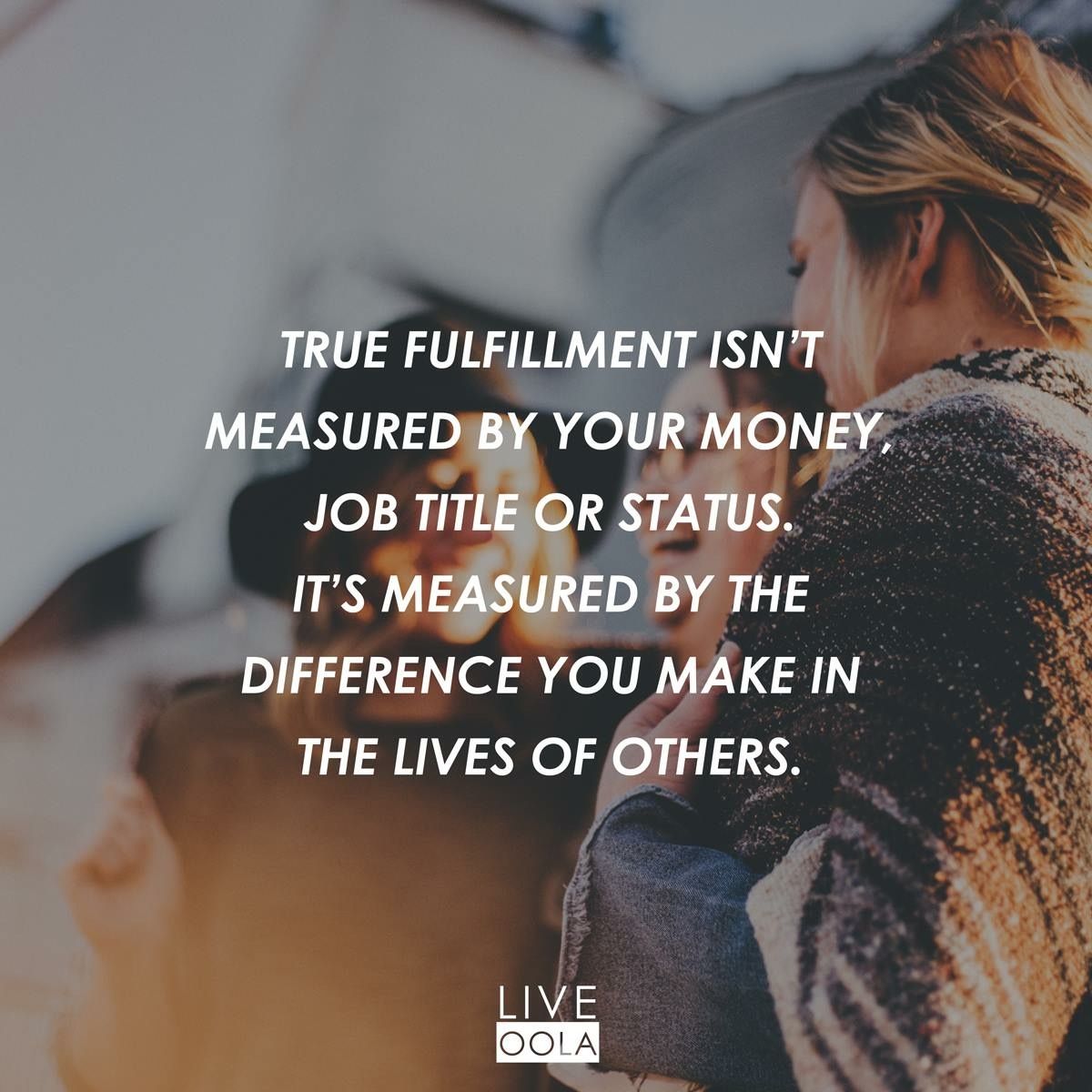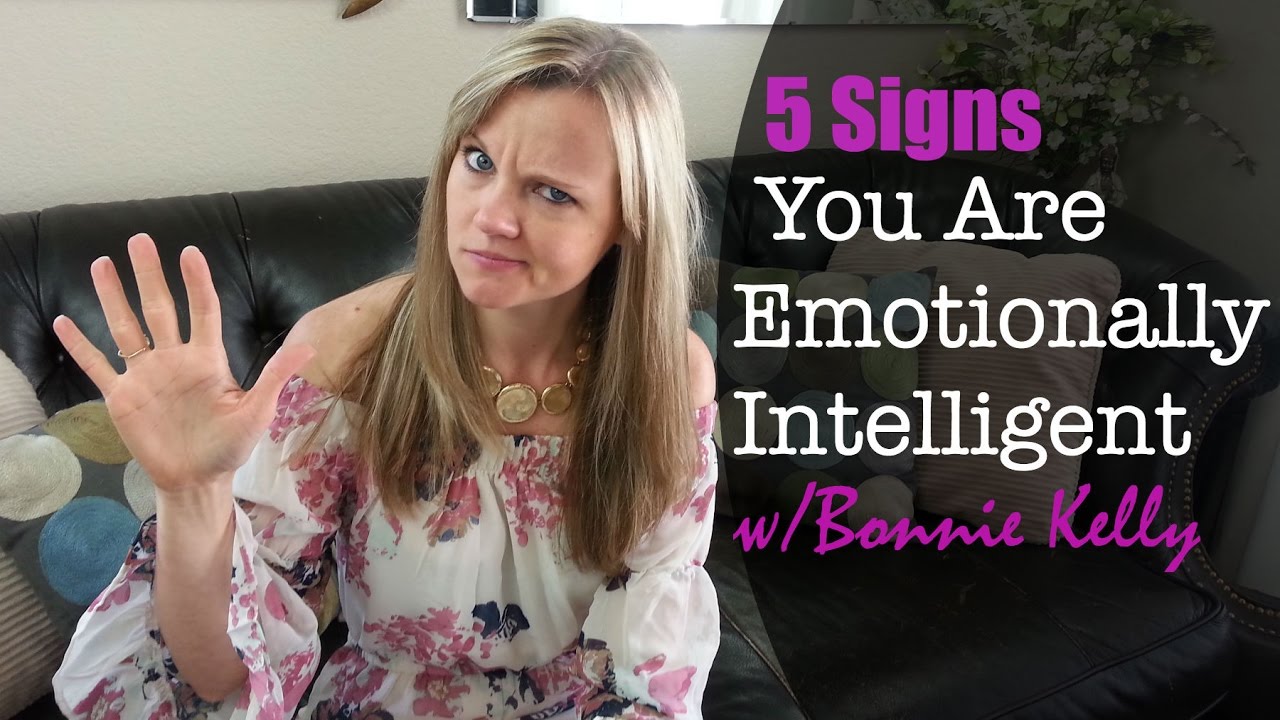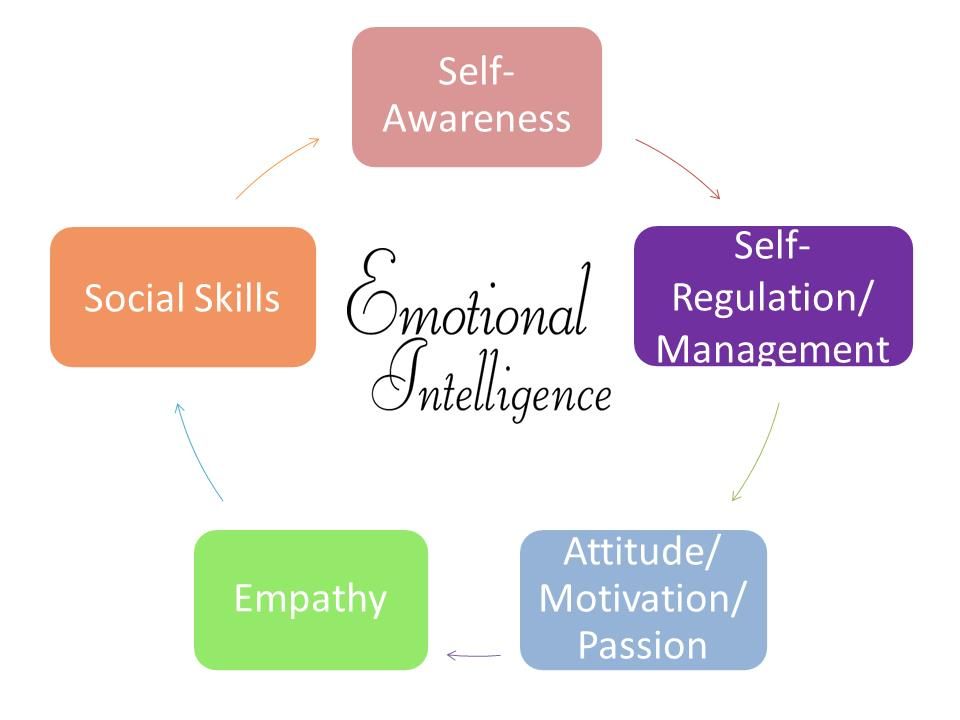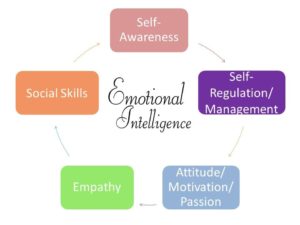
The dictionary defines codependency as…
Excessive emotional or psychological reliance on a partner, typically a partner who requires support due to an illness or addiction.
However, codependency does not require an illness or addiction but is often an unhealthy way of relating to others. Codependency is a trait often learned in the childhood years, by observing caretakers. It may come from mimicking a parent who had problems with boundaries and had trouble communicating.
This is common in women because they usually feel it’s their duty to take care of everyone and fix their mistakes without regard to their own time and health. And we repeat their mistakes.
It may also come from a childhood with no emotionally available parents around. So, we look for relationships where our partner is also emotionally unavailable, hoping to fix them so that everything becomes better. This is usually done in the hopes that we truly believe that the other person will feel the love and metamorphosis into someone change for the better. No matter what happens, we don’t give up on them because focusing on their problems helps us avoid the emptiness we feel inside.
It also a sign of false hope that if we can control them long enough to be able to fix their problems, then ours will magically disappear as well. But the truth is this relationship becomes damaging, one-sided
The problem is that we usually take on so much more than we actually should mainly because we don’t know what a healthy, balanced relationship looks like. Also, we don’t feel worthy of love which makes us settle for us.
Since we seek external validation for our own worth and approval that we’re acceptable human beings. So, we go out of our way to please others, and this makes us afraid to set boundaries for fear of upsetting our partners and friends.
Unfortunately, it’s one of the reasons we take all the mental, emotional and physical abuse from our partners.
Am I codependent?
Here are some characteristics of codependency:
Low self-esteem
Lost touch with personal identity, needs, feelings, and thoughts
Trouble communicating honestly
A need for control
The compelling need to take care of others
Depends on others’ approval for validation of their own self-worth
Puts others’ needs before their own
Makes sacrifices to meet partner’s needs
Strong urge to please others
Makes excuses for others’ behavior
Fear of abandonment
Intimacy issues
Denying one’s own feelings and values
How to break the cycle
You can unlearn how to be codependent. But there are certain changes you have to make first, so you can heal yourself before you can be in a healthy relationship with others. Remember, it’s a long-term plan which will require your commitment and dedication.
Be more accepting of yourself. Loving yourself, flaws and all is key to boosting your self-esteem. The more self-aware you are, the more vivacious and loving of all of life’s experiences you become. You project more positive energy and attract the right kind of people because confidence is a magnet that attracts other confident, independent people.
Stop taking ownership of people’s problems.
Everyone has problems and you can’t be the one solving them all. You are responsible for your own actions and feelings, not anyone else’s. Just as you aren’t responsible for their problems, or the choices that led up to them.
Do your own thing.
Taking a break from your significant other is a healthy step towards figuring out who you really are and what you want out of life. Find something you enjoy doing by yourself like going for a walk, riding a bike, painting – whatever makes you happy. Or you can join an art class, learn a new language or musical instrument. This way you’re doing something away from your partner, yet at the same time meeting new, interesting people.
Establish boundaries.
This is as much for you as it is for them. It’s important in order for you to set about the change you need to become more aware of your own self-worth. It’s a step in the right direction in learning how to communicate your feelings rather than simply pleasing other people.
Seek help.
This could be on an individual level or along with your partner. There are support groups, therapists you can go to where you’ll be able to pinpoint codependent actions – without bias or judgment – that you may not be aware of. This helpful feedback can help guide you to make the changes you need to make.
Remember, that the steps you make in order to break the cycle of codependency may require you to put your needs first before others. This is in no way selfish. It’s a healthy way to grow and thrive and bring out your inner light – what makes you special.
Being in a healthy relationship means you’ve formed a healthy fully-formed identity. So, you must address your own personal mental and emotional health first before thinking of anyone else’s.
– Scott Blessing



















